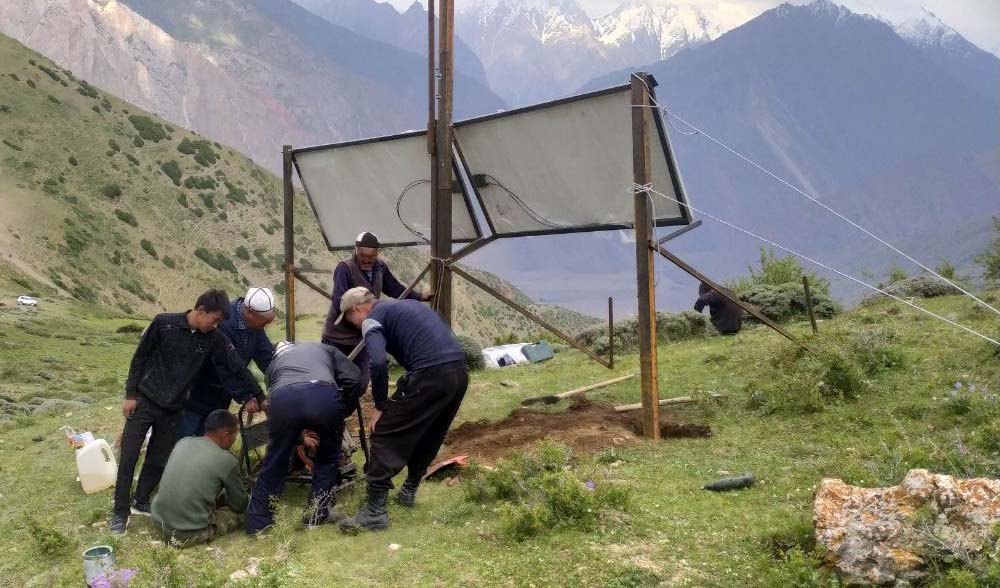A Village in
Kyrgyzstan Is Using
the Internet to
Fight for Their Rights
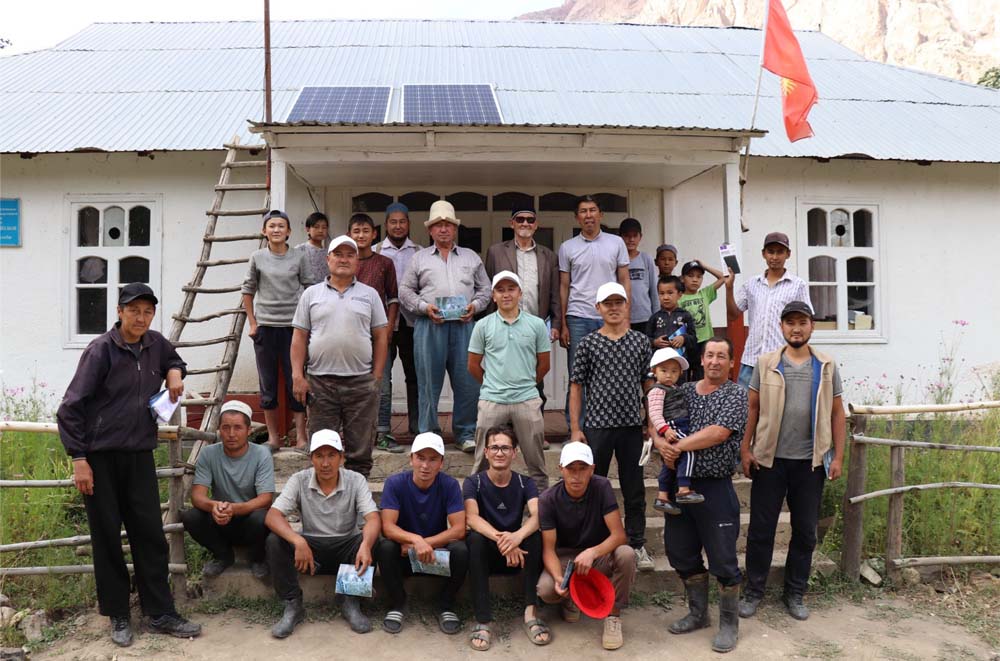
A decade ago, living in villages like Zardaly in the small, landlocked nation of Kyrgyzstan was akin to being truly isolated from the rest of the world. With over 88 major mountain ranges, the country is sometimes called “the Switzerland of Central Asia.” Mountainous terrain covers 94 percent of its territory, offering majestic views from nearly any vantage point. But such topography makes it difficult to build and maintain infrastructure and services like roads, electricity, and the Internet.
Zardaly and other villages had been seeking improvements for decades. But the government said they were too hard to reach, and the private sector saw little profit potential. Frustration among the residents grew as their requests went unheeded, and they were left behind.
Then, in 2014, Talant Sultanov—at the time working as the director of a government think tank—attended the Internet Society’s first Central Asian Internet Symposium in Bishkek, Kyrgyzstan’s capital. The topics discussed there inspired him to focus on their nation’s digital development, and things started to change.
Kyrgyzstan’s Natural Resource: Its People
“Here in Kyrgyzstan, we don’t have oil or natural gas like our neighbors,” Talant said. “Our natural resource is people, so we thought human capital was what we should develop.”
A year after attending the event, together with Aziz Soltobaev he co-founded the Internet Society’s Kyrgyzstan Chapter and began serving as its chair. The chapter’s priorities included connecting the remote mountain villages, which presented numerous challenges. These communities were tough to reach, and some had no electricity. How could it be done?
“The roads are so narrow there that untrained horses or donkeys can’t take it. Some of them fall off,” Talant said.
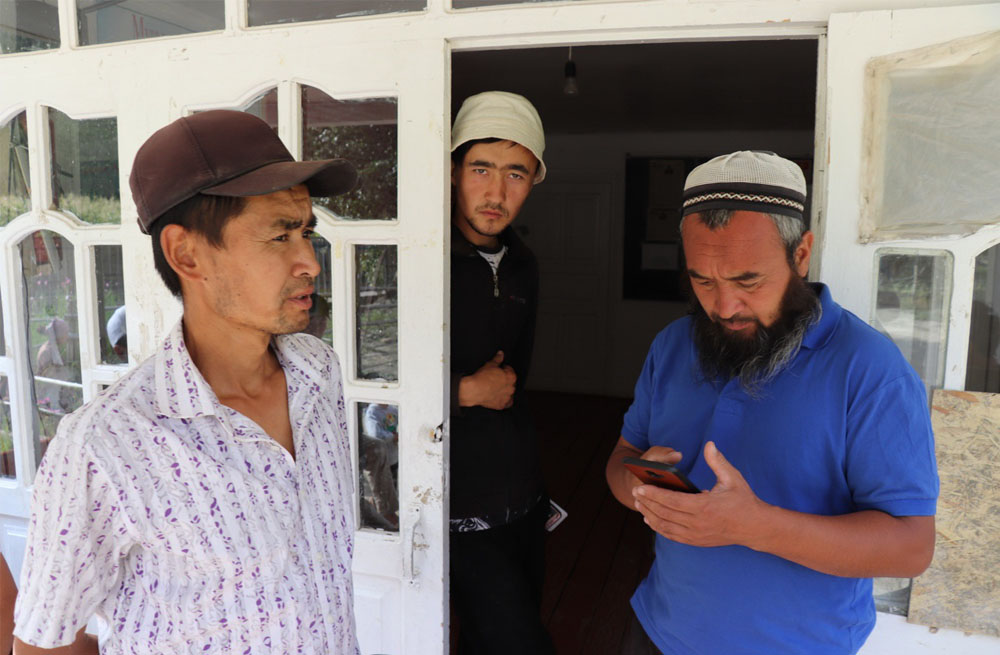
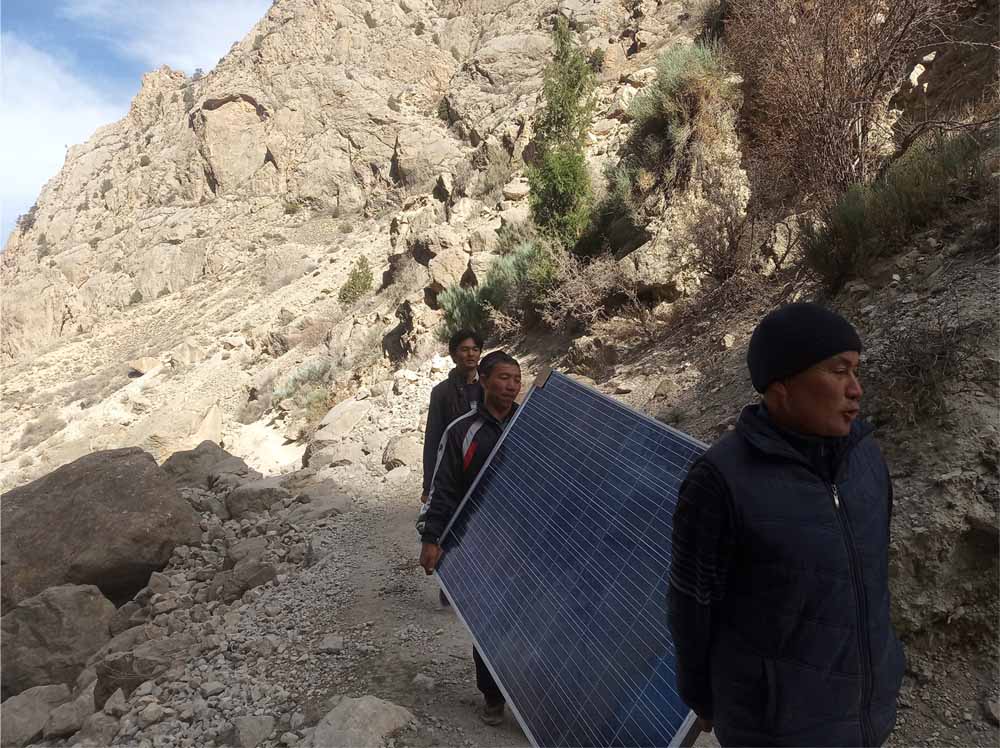
Internet in a Box Comes to Kyrgyzstan
At the 2016 Internet Governance Forum in Guadalajara, Talant found an initial solution developed by the youth of the Internet Society Mexico Chapter: the Internet in a Box, a device developed to bring connectivity to remote parts of Mexico.
With support from various sources, including the Internet Society, using funds donated by individuals worldwide who care about connecting the unconnected, he and his team adapted this innovation for use at dozens of rural Kyrgyz schools.
They loaded each device with digital learning resources, including video and audio lessons, ebooks, and Wikipedia pages in Kyrgyz, Russian, and English. In doing so, they noticed the lack of local Kyrgyz content. In many rural communities, Kyrgyz is the only language spoken. Without content in their local language, students are cut off from learning opportunities that other children in bigger cities might access. Developing this content has become another goal for the team.
Grassroots Solutions in Communities
Next, they started supporting remote villages with their connectivity journeys, building solar-powered towers that could connect to the Internet. Within five years, Suusamyr, Zardaly, and Kyrchyn gained Internet access. Suusamyr, connected in 2018, is home to Central Asia’s very first community network. With this self-sustaining system, the village owns and operates the network, paying a discounted service fee and receiving a portion back to maintain and improve the infrastructure.
When the COVID-19 pandemic arrived, these villages’ connectivity needs became more urgent. In 2021, to show what determination could do and to motivate the government and private sector to connect rural areas, Talant and his team set their sights on Zardaly.
Considered the most difficult village to connect in Kyrgyzstan, it had no electricity or vehicle access. Still today, it can only be reached by foot along a perilous cliffside trail—a journey that takes five hours.
We knew that if we succeeded with Zardaly, the government and private companies would have no excuse not to connect the others.”
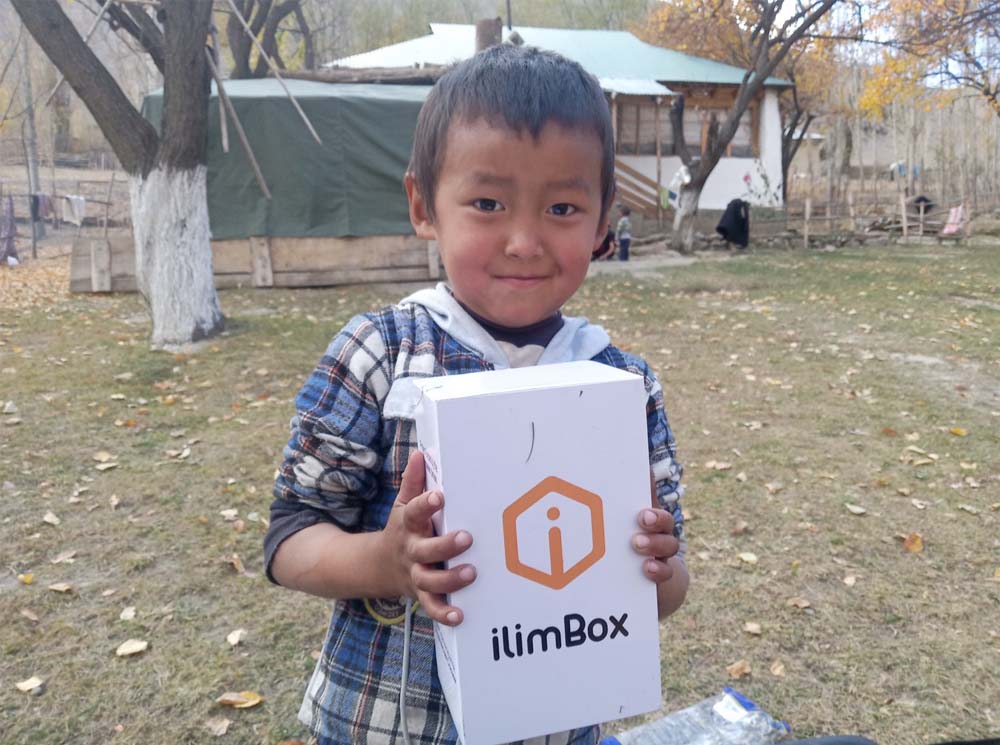
This project proved that where there’s a will, there’s a way. After the team hoisted a solar panel up the mountain and linked it to a car battery, Zardaly was connected! The villagers quickly learned to make use of the possibilities the Internet brings. Children accessed educational materials, and families made video calls to relatives working abroad. People with cattle to sell even posted videos of the animals online, saving themselves the usual three-day trip to a livestock market. But the very first thing they did was to advocate for their rights.
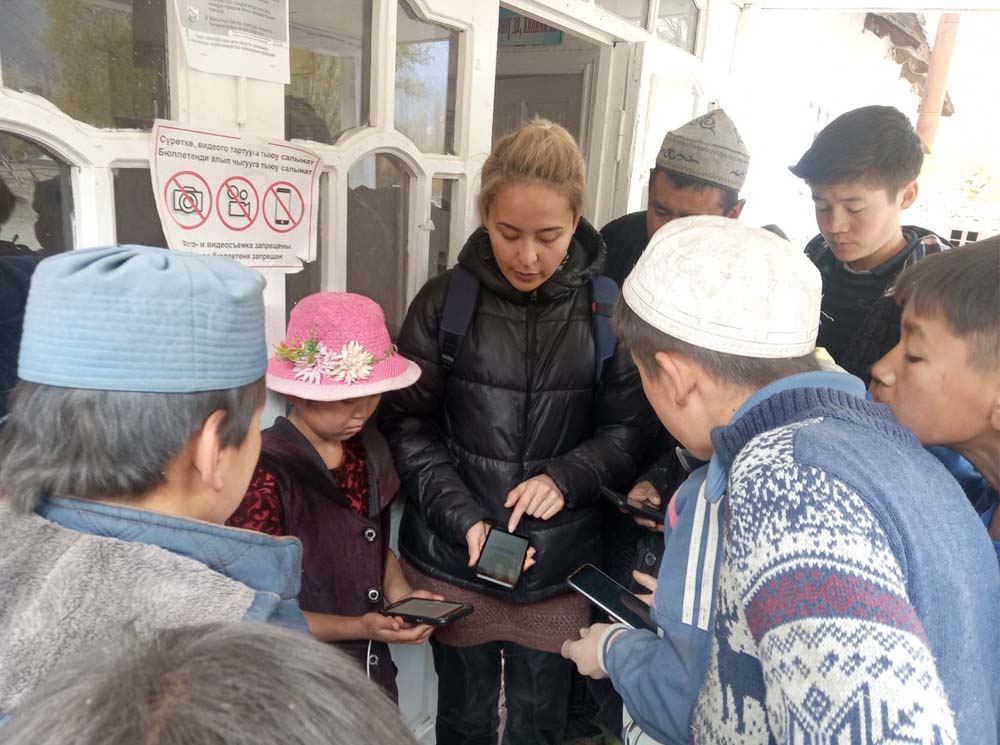
A Village Gains a Voice
Zardaly’s population found that the Internet gave them a voice. They could use the Internet to ask the government to build the road they needed badly. Zardaly residents made video after video addressed to Kyrgyzstan’s president, who now couldn’t help but respond to their demands. In April 2024, he posted a public reply to them on his personal social media pages, promising to build the road.
Before the Internet came to Zardaly, the village was forgotten and ignored, never receiving attention unless a natural disaster made the news.
Now, Zardaly can speak with the whole world anytime it wants.
Image copyright:
©Internet Society Kyrgyzstan Chapter
